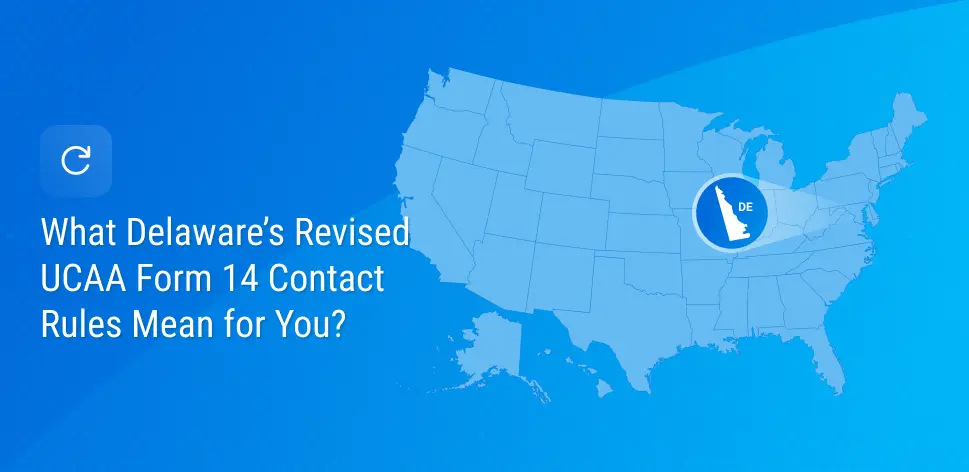Laura’s Corner
Welcome to Laura's Corner! This section is designed to share valuable tips, industry insights, and best practices to help you navigate the complexities of the insurance world. In addition to our curated content, we invite you to submit your questions. Your inquiries allow us to provide tailored insights and support, fostering a community of shared knowledge. By exploring this corner, you’ll gain access to expert advice and helpful resources that can enhance your understanding and efficiency in the insurance industry. We’re here to support your journey!
Filter:
Guam 2026 Company Appointment Renewals
Mandatory Electronic Renewal Processing Through NIPR Begins April 1, 2026
The Guam Department of Insurance has announced key details regarding the 2026 Company Appointment Renewal cycle. All renewals must be processed electronically through NIPR between April 1 and June 30, 2026. Insurance carriers should review termination deadlines, invoice timelines, and payment requirements carefully to avoid non-renewal or administrative disruption. No late renewal period will be offered.
Delaware Department of Insurance Revises Bulletin 98 on UCAA Form 14 Contact Requirements
Carriers must provide direct contact information and timely updates for regulatory coordination
The Delaware Department of Insurance has revised Bulletin No. 98 to expand requirements for direct contact information associated with UCAA Form 14 filings. Insurers must ensure updated contact details for all listed contact types and notify the Department of personnel changes within 30 days. Catastrophe coordination contacts require immediate updates. The bulletin is effective immediately.
Colorado DORA Issues Phishing Scam Alert to Insurance and Regulated Professionals
Fraudulent Email Impersonating State Regulator Prompts Cybersecurity Warning
The Colorado Department of Regulatory Agencies (DORA) has issued a phishing scam alert after receiving reports of fraudulent emails impersonating a DORA enforcement notice. The email, falsely claiming to be from a DORA employee, urges recipients to take action. Insurance professionals and regulated entities are advised not to click suspicious links and to verify communications directly through official state channels.
What Corporate Executives Need to Understand About CE and License Risk
Why CE delays don’t stay isolated to individual producers
While Continuing Education (CE) is often viewed as an individual producer responsibility, delayed CE completion can create enterprise-level risk. When CE is completed too close to license renewal deadlines, reporting delays and processing issues can disrupt appointments, revenue, and growth plans. Corporate leadership plays a critical role in setting expectations that encourage CE completion 90 days or more in advance, protecting both producers and the organization.
Disclaimer: This post is for informational purposes only and does not constitute legal or compliance advice. Agenzee does not warrant the accuracy of and assumes no liability for reliance. Please consult regulators or professional advisors as needed. See our full disclaimer for details.
let's catch up!
Schedule a Live 1-On-1
Demo of Agenzee!
Our insurtech experts would be thrilled to give you a personalized demo of how Agenzee can transform your compliance management processes.






